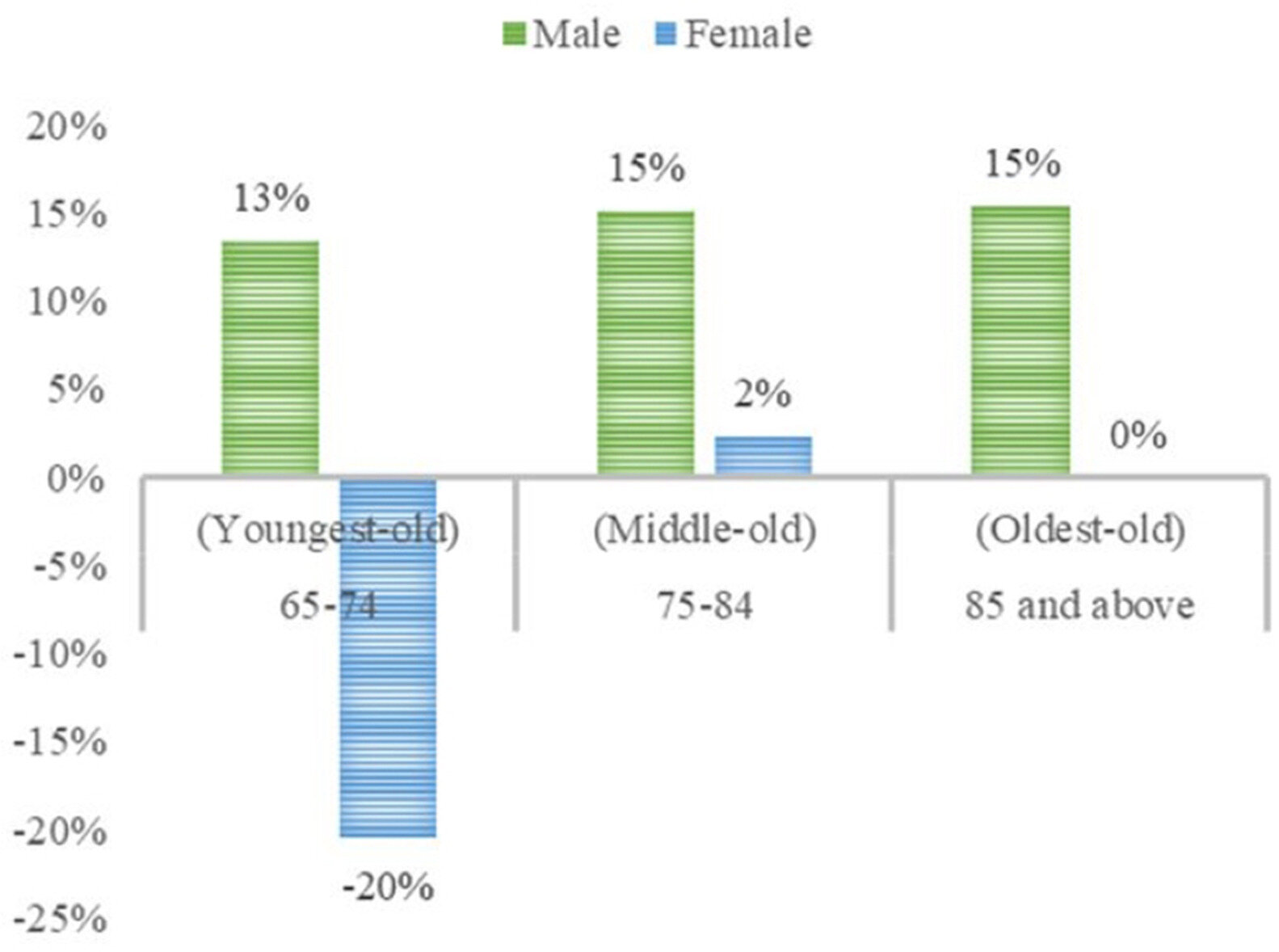
Older Australians suffering from chronic pain face a significantly increased risk of dementia, according to a new University of Southern Queensland-led (UniSQ) study.
About one-third of older people are believed to be living with chronic pain, while the number of people with dementia, which is considered an age-related disease, continues to rise.
In the new study, researchers found that after adjusting for several individual factors, including age and gender, the risk of dementia was almost two times higher in older Australians with chronic pain compared to those without chronic pain. The increase in risk was consistent across all age groups.
The researchers say this is the first study in Australia to establish a correlation between chronic pain and dementia. Rezwanul Haque, a Ph.D. student in health economics, led the study, which was published in Value in Health.
He said there were several possible reasons why older people with chronic pain were subject to an excess risk of dementia. These include disruptions in attention and memory, impaired decision-making abilities, decreased processing speed and psychomotor speed, and increased stress levels that may trigger the release of cortisol, which is associated with degeneration of the hippocampus and memory problems, as well as other underlying health conditions.
“During instances of chronic pain, nerve endings provide quick pain signals to the brain to prompt necessary remedial responses, and this process depletes the neuronal resources that are also engaged in cognitive activities,” Haque said.
“Furthermore, the existence of chronic pain can disrupt the brain’s natural pain-relief system, which may lead to poor cognitive outcomes such as loss of working and long-term memory.”
For the study, the researchers analyzed data from more than 40,000 adults aged 65 and older who participated in nationally representative surveys in 2015 and 2018.
“While there is a growing recognition of the complex link between chronic pain and cognitive decline, we were absolutely surprised by the magnitude of the difference in the results,” Haque said. “It’s a striking reminder that chronic pain may be a more serious dementia risk factor than previously anticipated.”
Haque said the results highlighted the urgent need for a comprehensive health care approach to chronic pain management in older adults.
“Chronic pain is a common problem among elderly Australians but is not recognized as a national public health priority,” he said. “A continuous, aligned and personalized health care strategy is needed to establish chronic pain management priorities, especially in groups with the greatest need.
“Many people who experience chronic pain are unable to access best practices in pain management, either because of financial constraints or a lack of knowledge about available alternatives. The disparity is even more pronounced in rural and remote regions.
“A proactive approach to chronic pain management might not only minimize potential cognitive decline associated with chronic pain, but ultimately inform health care decisions by prioritizing early interventions to reduce future cognitive complications.”
Haque emphasized that more research was needed to enhance estimations about chronic pain in the elderly population, to understand the underlying processes of pain in the context of aging and dementia, and to foster the development and progression of safer and more effective treatment options.
More information:
Rezwanul Haque et al, Age and Gender Differences in the Relationship Between Chronic Pain and Dementia Among Older Australians, Value in Health (2024). DOI: 10.1016/j.jval.2024.07.022
Citation:
Chronic pain linked to increased risk of dementia in older Australians (2024, October 2)
retrieved 6 October 2024
from https://medicalxpress.com/news/2024-10-chronic-pain-linked-dementia-older.html
This document is subject to copyright. Apart from any fair dealing for the purpose of private study or research, no
part may be reproduced without the written permission. The content is provided for information purposes only.

